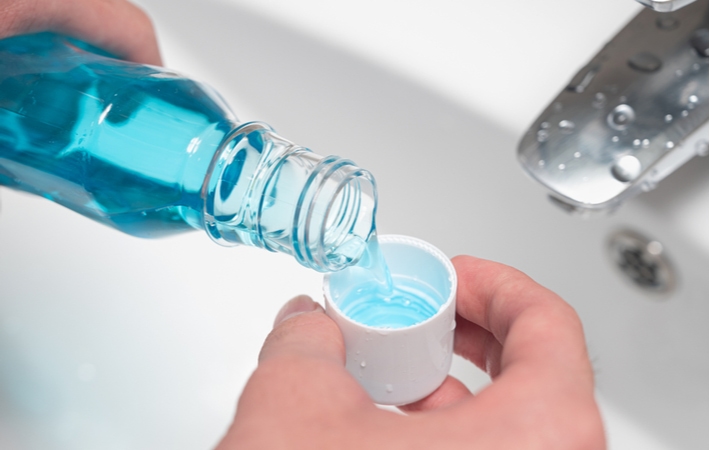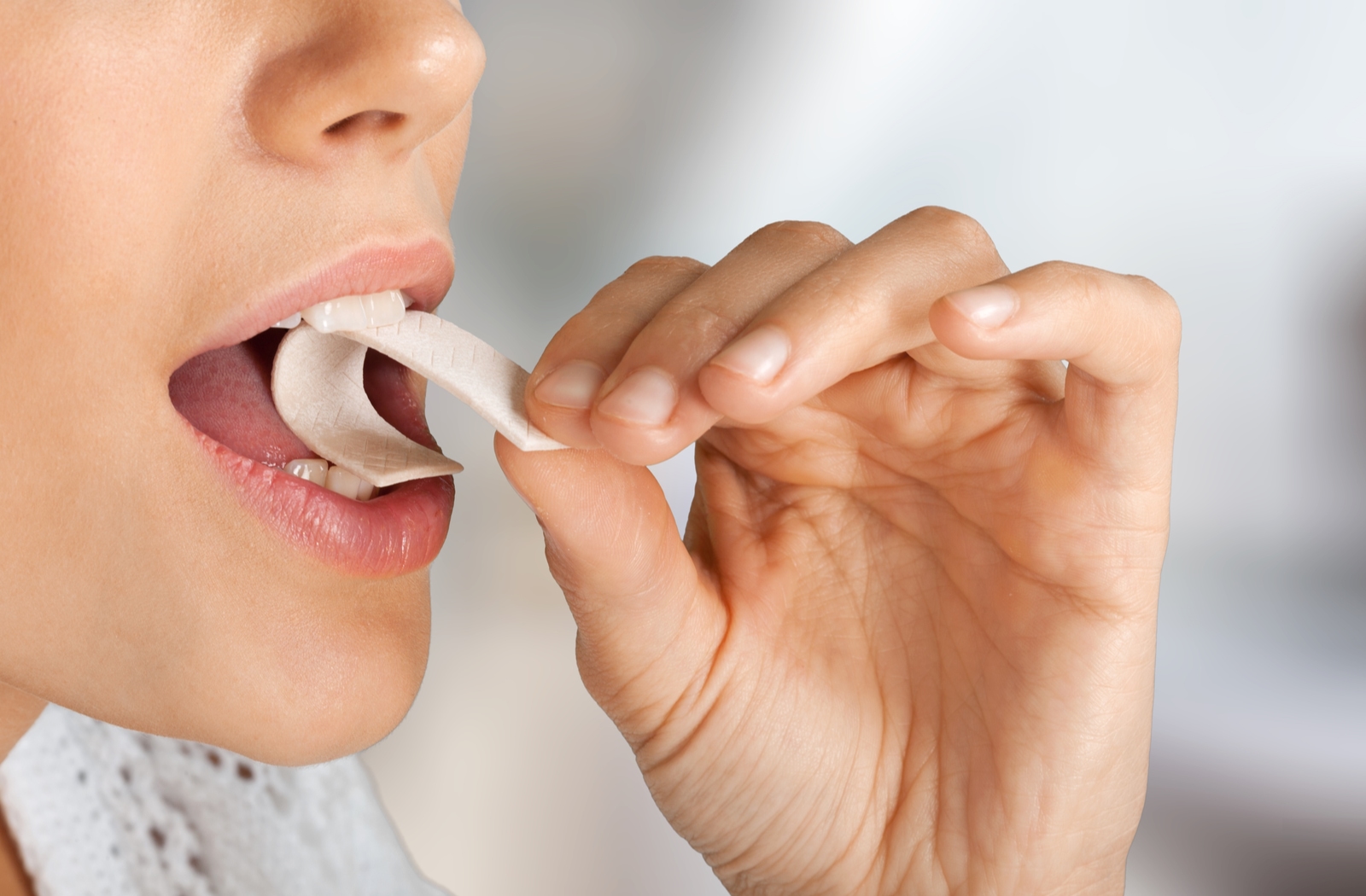The Ancient Oral Habit: Chewing Gum
Dental hygiene is more than brushing your teeth. Caring for your dental health considers nutrition, bone health, oral habits, tissue health, and the frequency of dental exams and cleanings.
One habit you might need to look closer at is chewing gum. The practice of chewing gum has been around since ancient Greece, but the modern chewing gum we’re familiar with began in the late 1880s. With hundreds of years of gum-chewing history, it’s no wonder it’s a widespread oral habit.
We’ve all heard the phrase “everything in moderation,” but does that apply to chewing gum?
Chewing Instead of Brushing?
Sometimes, in a pinch, you might reach for a stick of gum when your toothbrush is out of reach. You know brushing and flossing your teeth is better for your teeth, but do you know why?
Our mouth has a unique ecosystem of bacteria. Although it’s not all bad bacteria, when we don’t remove food debris and sugars from our mouth, bacteria can build up into a sticky substance called dental plaque.
Dental plaque feeds on sugars and produces acids capable of deteriorating our teeth. You can manage some plaque with your at-home hygiene routine.
Unfortunately, when plaque isn’t removed, such as getting trapped in difficult-to-reach spots, it hardens into tartar or calculus. The harder, rougher substance cannot be removed at home, as it requires the deep cleaning tools used by a dental hygienist or dentist.
Over time, plaque and tartar deteriorate the layers of your teeth, causing tooth decay and gum disease.
Rinsing your mouth immediately after a meal or sugary beverage can help eliminate some bacteria and sugars. However, when you chew gum immediately after, you introduce more sugar to your mouth.
Chewing gum can help remove food debris and sugars from other food, but it doesn’t clean your teeth.
Benefits of Sugar-free Gum
So if sugar feeds dental plaque, what about sugar-free gum?
Sugar-free gum can be a convenient alternative to a quick post-meal rinse. While it can’t replace brushing and flossing, it increases saliva flow to dilute sugars.
Chewing sugar-free gum can benefit your oral health by:
- Stimulating saliva to rinse away food debris
- Neutralizing harmful acids
- Strengthening tooth enamel
Sugar-free gums containing the natural sweetener xylitol prevent plaque from sticking to teeth, reducing the risk of developing tartar and gum disease. It may even help reverse some tooth decay by replacing minerals in tooth enamel.
Additionally, sugar-free chewing gum containing casein phosphopeptide-amorphous calcium phosphate (CPP-ACP) can also help remineralize teeth and slow tooth decay.
Functional Chewing Gum
Traditional chewing gum doesn’t need a function, but some chewing gum is created to help treat oral conditions. For example, functional chewing gum may contain medication, aid in rehabilitation after surgery, or help evaluate chewing ability.
Functional chewing gum isn’t the type sold at stores. Instead, it’s prescribed by dental professionals, including dentists and periodontists.

Alternatives for Chewing Gum for Better Breath
Sugar-free chewing gum may have benefits inside your mouth, but it can negatively impact your jaw health. Excessive chewing exhausts the muscles in our jaw and can cause temporomandibular dysfunction (TMD).
If you already have an issue with your temporomandibular joint (TMJ), the joint connecting your lower mandible, chewing gum can worsen pain and other symptoms.
Although you might be enjoying the flavour, many gum-chewers choose the habit for better breath. So whether you pop in a stick of gum after a meal or you’re fighting persistent bad breath, there are healthier alternatives for making your breath smile-worthy.
Water
It might not relieve an oral fixation, but drinking water can improve hydration. Chewing gum stimulates saliva, creating more moisture in your mouth. Drinking water can help quench your need for mouth moisture.
After a meal or snack, drinking water helps rinse away food debris and sugars.
Mouthwash
Mouthwash is an alternative for fighting plaque and freshening your breath. You don’t need to carry a 1-litre jug everywhere you go. Whether you try for a pocket-friendly container or drinkable mouthwash, it can be as convenient as having a pack of gum.
Notably, make sure you buy drinkable mouthwash, as traditional mouthwash can be toxic when swallowed.
Mint Leaves
If you love the chewing part of chewing gum, you might try a natural alternative. Chewing mint leaves is more direct than minty-fresh gum, and there’s a reason it’s a popular flavour for many edible brands.
Mint also has multiple health benefits, including calming stomachs (indigestion) and controlling inflammation.
Visit Us for More Healthy Smile Habits
For fans of sugar-free gum, chewing gum isn’t bad for your teeth. Of course, excessive chewing can aggravate your jaw joints, but chewing gum in moderation isn’t objectively bad. In fact, as a part of a balanced oral hygiene routine, chewing gum can even help prevent cavities.
If you’re interested in more dental health tips, contact our team at Markham Dental Smiles or read our blog. When you’re ready to test your dental hygiene habits, visit us to assess your teeth and freshen up your smile. Book an appointment to continue your regular dental hygiene routine.







